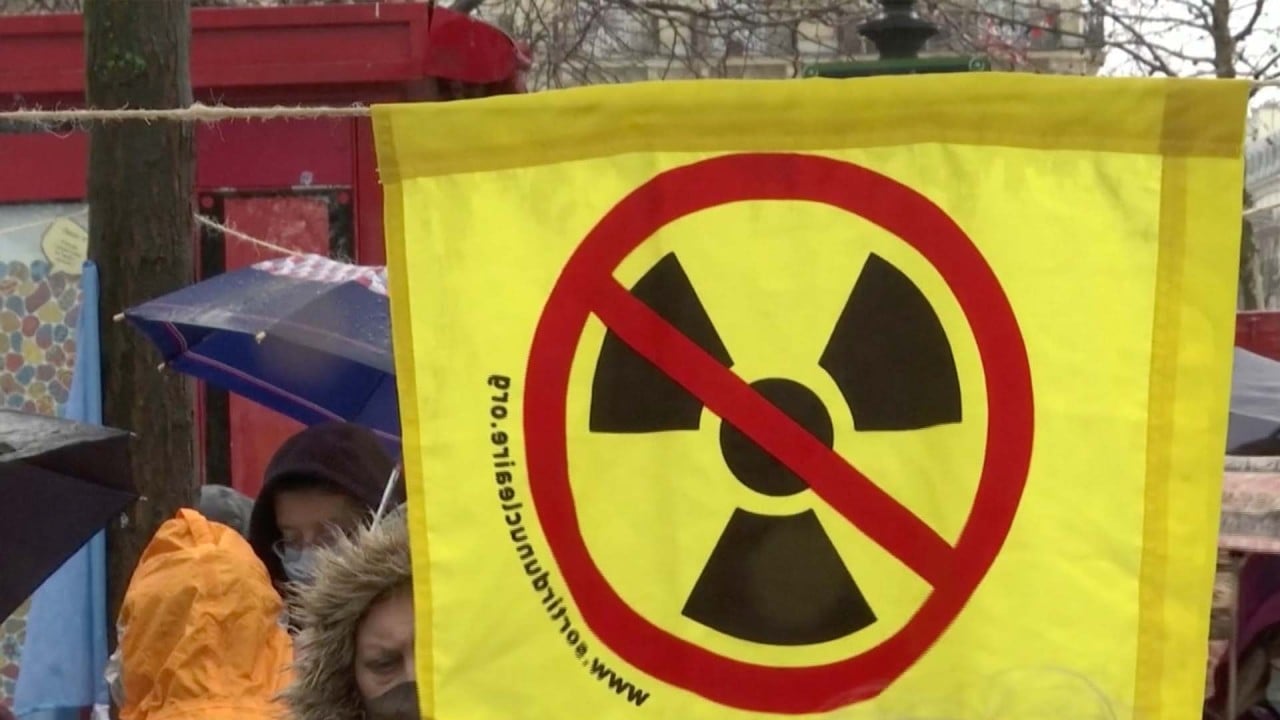
A year after Aukus deal, Australia to boost skilled workforce to help build nuclear-powered submarines
- Defence Minister Richard Marles said a ‘significant industrial base’ will be established in the country to build the submariner crew
- China has fiercely opposed the security agreement between the US, the UK and Australia, saying it breached international nuclear non-proliferation treaties
Defence Minister Richard Marles said he wanted to create a “genuinely seamless defence industrial base” across the US, Britain and Australia, in comments to mark the first anniversary of the agreement.
“A significant industrial base is going to need to be built here, skills need to be acquired, and so there’s a human dimension to all of that and a workforce which needs to be built up,” said Marles, who is also the deputy prime minister.
Indonesia calls for tighter IAEA oversight on nuclear-powered submarines
After IAEA director general Rafael Mariano Grossi said he was satisfied with the Aukus partners’ engagement so far, Chinese Foreign Ministry spokesperson Mao Ning accused the agency of turning “a blind eye” to international concerns.
The Albanese government has promised to revitalise Australia’s manufacturing industry as part of its policy agenda, pledging A$15 billion (US$10.1 billion) as part of a National Reconstruction Fund. Speaking ahead of the Aukus anniversary, Marles said it was important for Australia to have “sovereign capability.”
“We also need to ensure we have a pathway which builds the submariner crew, and which also develops the workforce that can build subs. To that end, it’s really clear that we will have to develop the capacity in Australia to build nuclear-powered submarines,” he said.
It is unknown what model of nuclear submarine will be chosen for the partnership, with Marles flagging the target of an early 2023 announcement. British Secretary of Defence Ben Wallace hinted at the possibility of an entirely-new design in a press conference with Marles during a visit to the UK in September.
“I think there’s a confusion as to somehow this is me trying to sell that submarine and the minister will go off to the United States and buy that,” Wallace said.
“But actually the ultimate is to get all of us to get through the 2030s where we produce a submarine that is in my view, truly collaborative, might have a bit of all three on it.”


